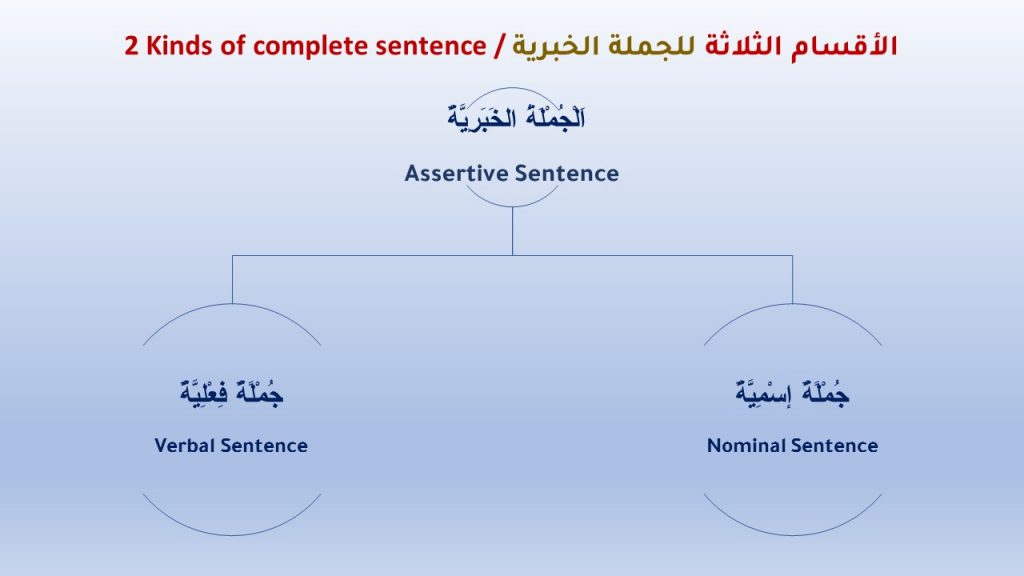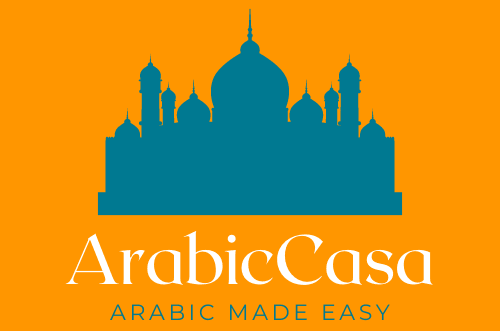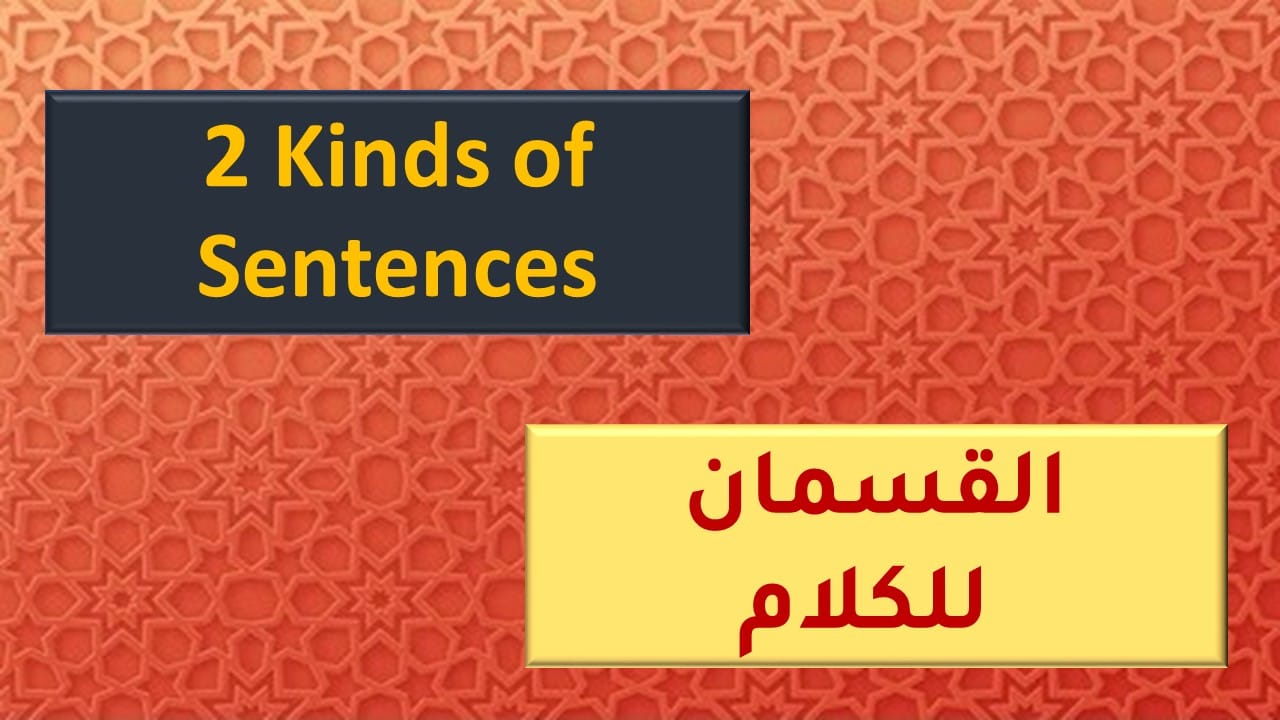Discovering 2 Kinds of Complete Sentence in Arabic Language
Some people love gtammar and some does not. But whether someone likes or not, grammar is a vey essential part of any language. This article will discuss a very important topic of grammar; complete sentence in Arabic language and its 2 kinds. But before reading this article, you need to have understanding of words and its kinds in Arabic as sentences are formed from words. So, it would be better if you have a good foundation of Arabic words.
I believe you are here after you have come accross some Arabic grammar concept and you found it difficult to understand. Or you are here because are you willing to understand Arabic gramamar on your own. Whatever the reason is, the good news is that you are on the right place. Although, Arabic grammar concepts are mostly not interesting yet difficult, but, having a good knowledge of Arabic grammar will enhance your skill of understanding Arabic language.
Let’ now start with the discussion of complete sentence in Arabic.
But, before the discussion of complete sentence, you should know that there are two types of sentences- الكلام:
Complete Sentence- اَلْجُمْلَةُ الْمُفِيْدَة or اَلْمُرَكَّبُ التَّام
Incomplete Sentence- اَلْجُمْلَةُ الْغَيْرُالْمُفِيْدَة or اَلْمُرَكَّبُ النَّاقِص

2 Kinds of Complete Sentence
Complete sentences are two types :
- جُمْلًةٌ خَبَرِيَّةٌ : kind of sentence which gives any statement or affirmation. So, it can be positive or negative.
- جُمْلًةٌ إنْشَائِيَّةٌ: kind of sentence which does not give any statement or affirmation. So, it can’t be positive or negative.

2 Kinds of Assertive Sentence
جُمْلًةٌ خَبَرِيَّةٌ (Assertive Sentence) is of two types:
a. جُمْلًةٌ إسْمِيَّةٌ : It is that kind of جُمْلًةٌ خَبَرِيَّةٌ which starts with a noun. First part of the sentence is always a noun. Second part of the sentence can be a noun or a verb. First part of the sentence is called مُبْتَدَاء or مُسْنَد الَيْه (subject). While, second part is called خَبْرٌ or مُسْنَد (predicate).
e.g. الْبَيْتُ نَظيْفٌ The house is clean. Here, the word الْبَيْتُ is مُبْتَدَاء, as it is the subject of this statement. And the word نَظيْفٌ is خَبْرٌ, as it is giving information about its subject.
In this example, both مُبْتَدَاء and خَبْرٌ (subject and predicate) are nouns. Here is one other example where خَبْرٌ is not a noun but a verb.
e.g. زَيْدٌ ذَهَبَ Zaid went. In this example, the word زَيْدٌ is noun, as it is the subject of this statement. And the word ذَهَبَ is خَبْرٌ, as it is giving information about its subject. But خَبْرٌ is not a noun, instead, it is a Past tense verb.
b. جُمْلًةٌ فِعْلِيَّةٌ : It is that kind of جُمْلًةٌ خَبَرِيَّةٌ which starts with a verb. First part of the sentence is always a verb. Second part of the sentence is a noun. First part of the sentence is called فِعْلٌ or مُسْنَد (verb). While, second part is called فِاعْلٌ or مُسْنَد الَيْه (doer of the action).

Second kind of sentence is جُمْلًةٌ إنْشَائِيَّةٌ. This is a sentence which can neither be true nor false, neither positive nor negative. Rather, it gives a sense of initiating of something.
جُمْلًةٌ إنْشَائِيَّةٌ is of ten types which are as follow:
1. أمر (Imperative Command)
2. نَهى (Negative command)
3. اَسْتَفْهَام (Interrogative)
4. تَمَنّى (Desire)
5. تَرَجِّى (Hope)
6. نِدَاء (Exclamation)
7.عَرْض (Request)
8. قَسم (Oath)
9. تَعَجُّب (Amazement)
10. عُقُوْد (Transaction)
Definition of all the 10 types of جُمْلًةٌ إنْشَائِيَّةٌ is discussed in another post with exapmles. Click here to increase your knowledge.

